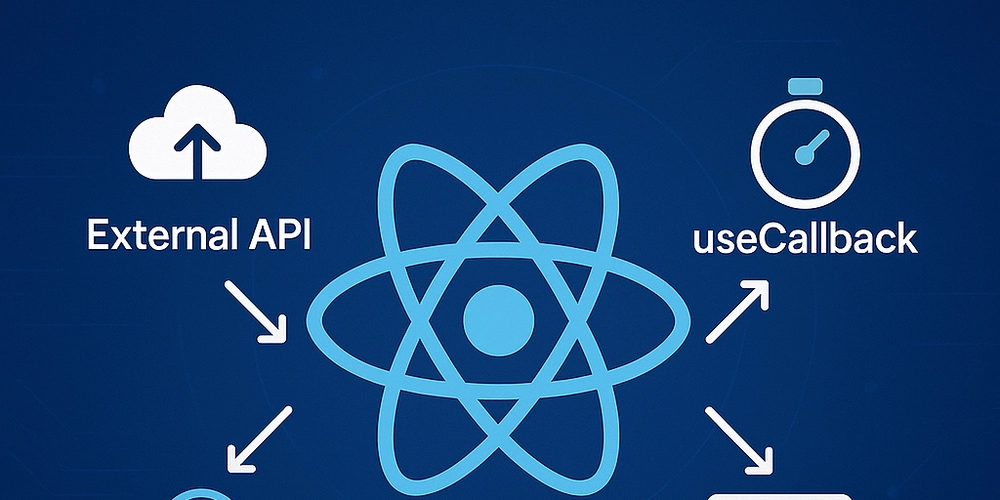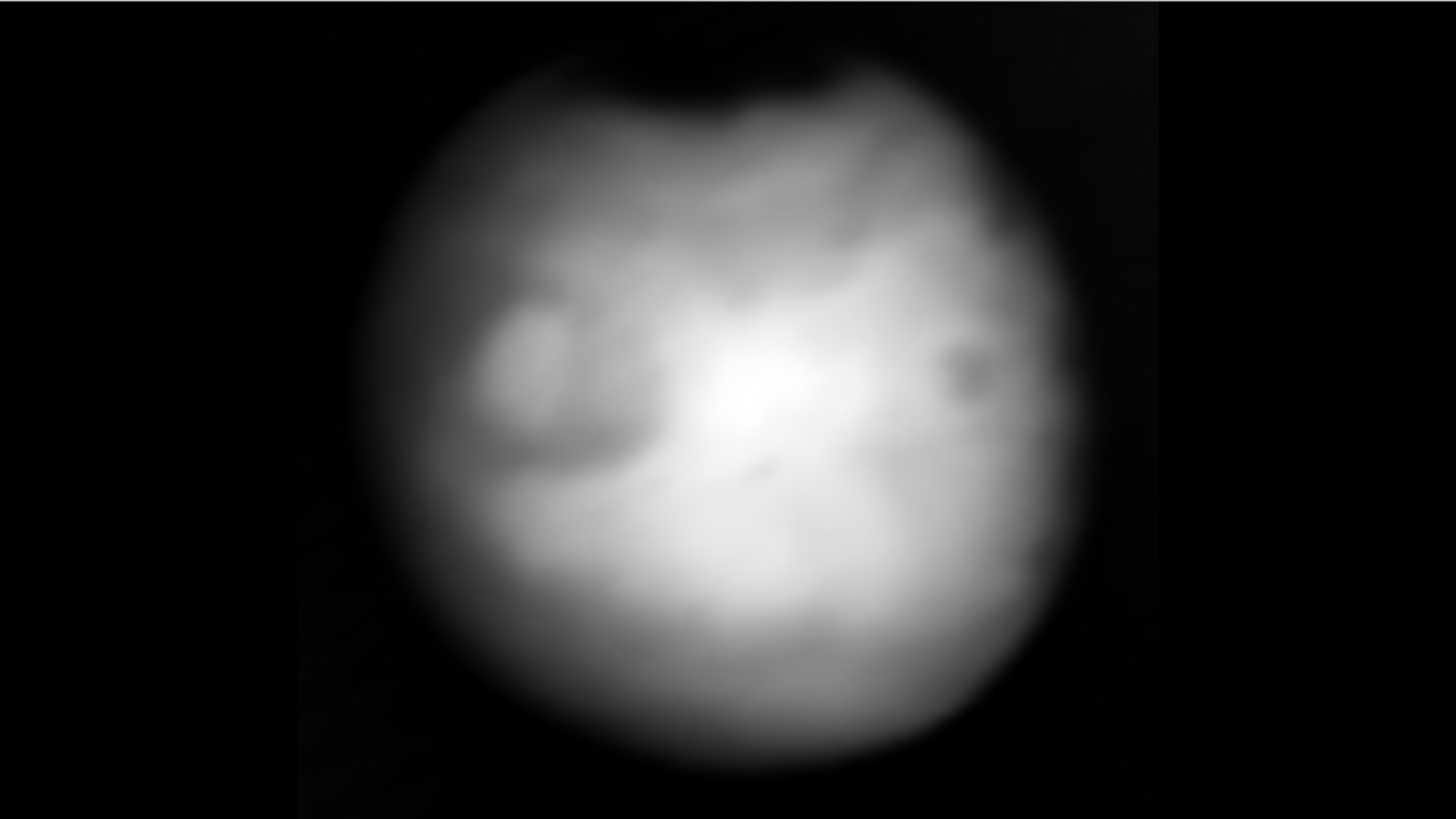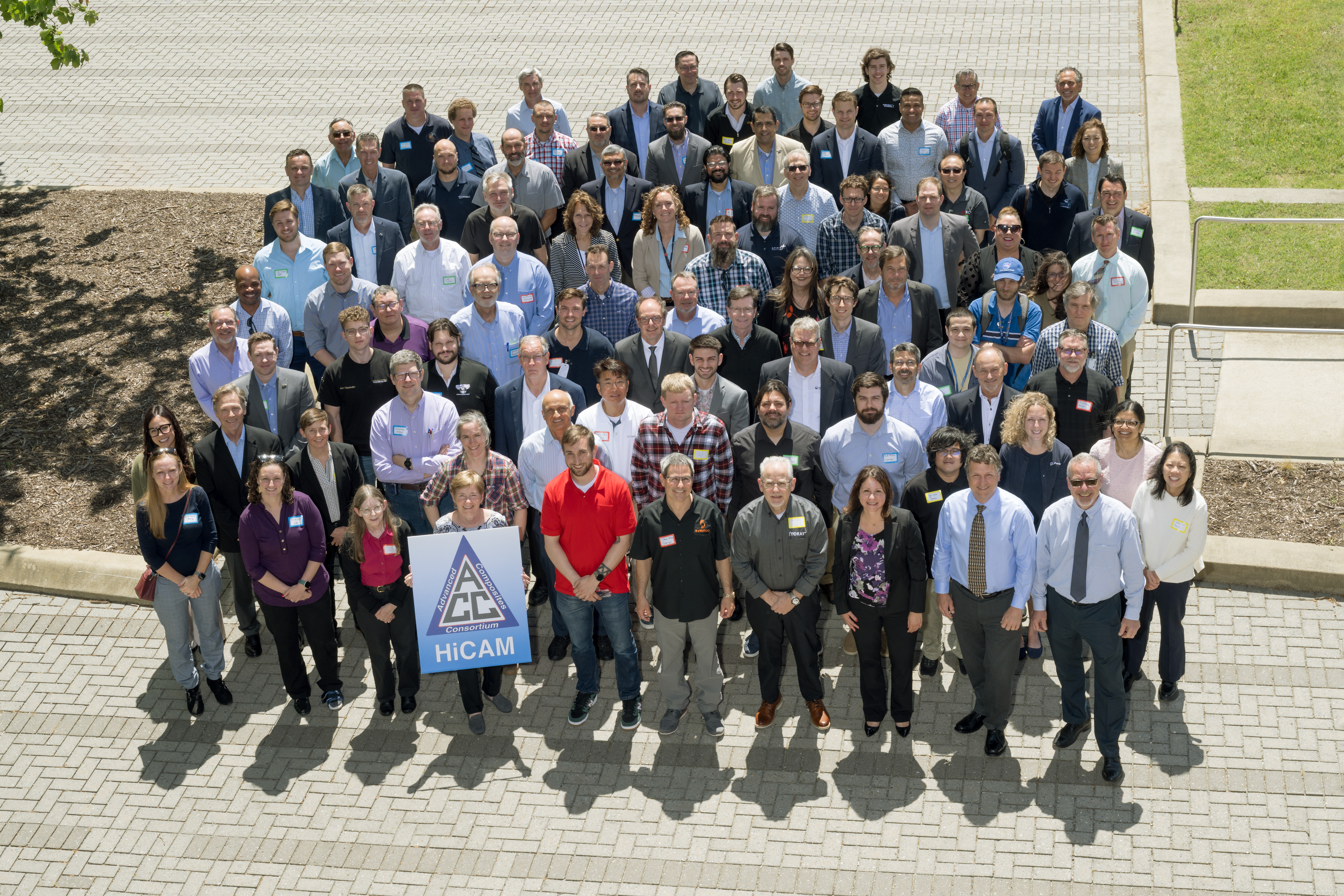The Foods That Could Delay Your Dental Implant Recovery
Support your dental implant recovery by avoiding harmful foods and focusing on nutrients that promote healing and osseointegration for optimal results.
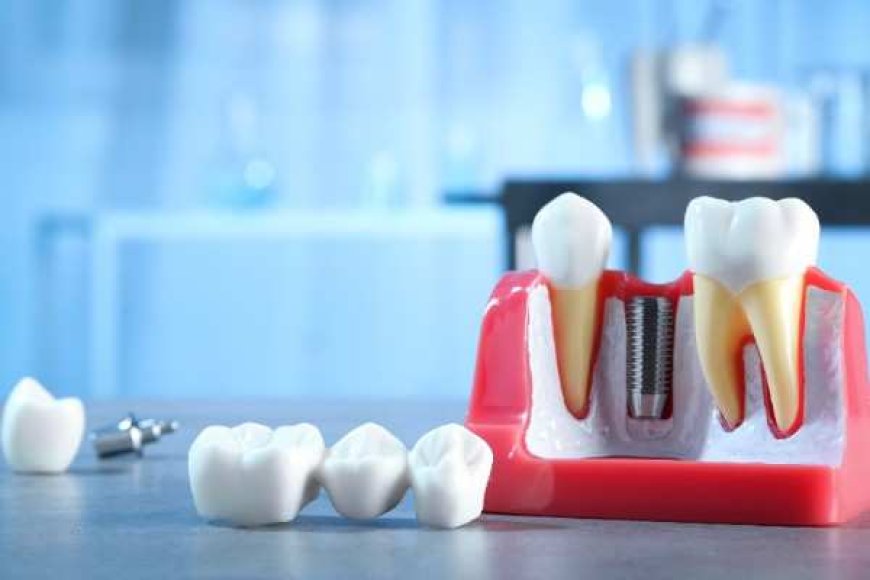
Recovering from a dental implant procedure involves more than just following your dentist's instructions. Your diet plays a crucial role in healing, affecting both gum recovery and the success of osseointegration, the process where the implant fuses with your jawbone. If you've recently had a dental implant in Gloucester, you might wonder which foods to avoid and which ones can aid in recovery. This blog will highlight foods that could slow down the healing process and provide tips on what to eat to promote faster recovery. Understanding the role of diet is vital for a smooth and successful implant recovery.
The Recovery Process: A Quick Overview
After receiving a dental implant Gloucester , your body will go through a recovery phase where the implant integrates with your jawbone. This process, called osseointegration, can take several months. During this time, it is crucial to avoid any activities or foods that could interfere with the healing process.
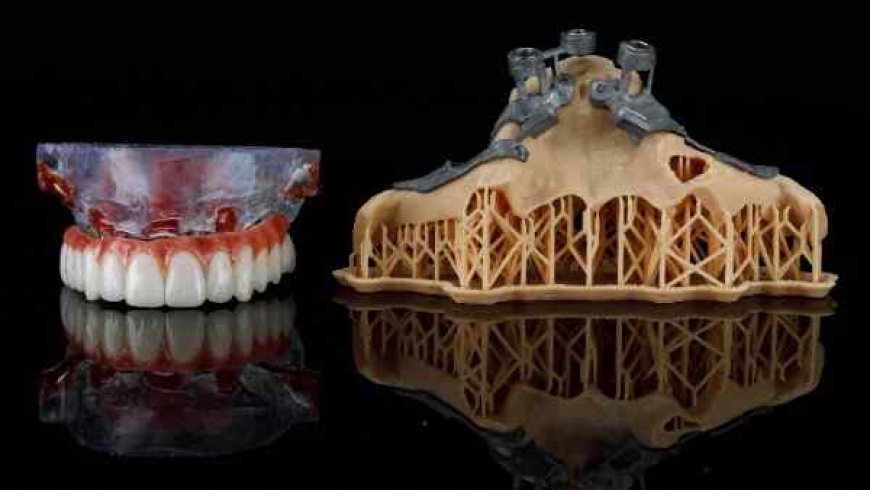
Choosing the right foods will help reduce inflammation, prevent infection, and accelerate the healing of the gums and surrounding tissues. Now, let's look at the foods that could slow down this recovery and delay the success of your dental implant.
Foods That Can Slow Down Your Dental Implant Recovery
1. Sticky Foods
Why They Can Be Harmful: Sticky foods can cling to your gums and the implant site, making it difficult to clean properly. If not removed properly, they can cause irritation, inflammation, or even introduce bacteria that may lead to an infection.
Examples: Toffee, caramel, chewing gum, and certain candies.
Tip: Opt for soft and easy-to-clean options, such as mashed potatoes, soft fruits, or smoothies, during the recovery phase.
2. Hard Foods
Why They Can Be Harmful: Foods that require a lot of chewing can put unnecessary pressure on the healing implant and surrounding tissues. Biting into something too hard might lead to discomfort or even cause the implant to shift if you're not careful.
Examples: Nuts, raw carrots, hard crackers, and tough meat.
Tip: Stick to softer, easily chewable foods like scrambled eggs, well-cooked vegetables, or fish until the healing process is complete.
3. Spicy Foods
Why They Can Be Harmful: Spicy foods can irritate the delicate gum tissue around the implant. This irritation can cause inflammation and delay the healing process, making your recovery more uncomfortable.
Examples: Curries, hot sauces, and spicy snacks.
Tip: While healing, opt for milder foods and wait until the healing process is complete before reintroducing spicy meals.
4. Acidic Foods
Why They Can Be Harmful: Acidic foods may cause discomfort to your gums, especially when they’re sensitive following surgery. They can also disrupt the pH levels in your mouth, potentially leading to an imbalance that hinders healing.
Examples: Citrus fruits, tomatoes, vinegar-based sauces, and certain salad dressings.
Tip: Choose non-acidic fruits like bananas or cooked apples and avoid consuming citrus or other sour foods during the recovery period.
5. Alcohol
Why It Can Be Harmful: Alcohol can delay the healing process in several ways. It can cause dehydration, impair your immune system, and increase the risk of infection. Additionally, alcohol thins your blood, which may lead to prolonged bleeding.
Tip: It's best to avoid alcohol during the initial healing phase. If you decide to drink, ensure your implant site has fully healed before consuming alcohol.
6. Crunchy or Crumbly Foods
Why They Can Be Harmful: Crunchy or crumbly foods can leave particles behind that may irritate the implant site or even cause infection if not properly cleaned out. Biting down on something too crunchy may also cause strain on the healing implant.
Examples: Chips, granola, hard bread, and crackers.
Tip: Choose softer foods that don’t crumble and are easy on your gums, such as soups, pasta, and smoothies.
The Foods That Help Speed Up Your Dental Implant Recovery
Now that we’ve covered what to avoid, let’s look at the foods that can help promote faster healing and ensure your implant integrates properly with your jawbone.
1. Protein-Rich Foods
Why They Help: Protein is essential for tissue repair and healing. During the recovery process, your body requires protein to rebuild gum tissue and encourage the growth of healthy bone around the implant.
Examples: Scrambled eggs, yogurt, tofu, and fish.
Tip: Include protein-rich foods in your diet to help repair tissues and support the healing of the implant site.
2. Hydrating Foods
Why They Help: Staying hydrated is key to maintaining good circulation and encouraging the healing process. Hydrating foods help to replenish fluids, ensuring that your body can heal efficiently.
Examples: Soups, smoothies, cucumbers, and watermelon.
Tip: Drink plenty of water and incorporate hydrating foods to ensure that your recovery remains on track.
3. Vitamin-Rich Foods
Why They Help: Vitamins, especially Vitamin C and Vitamin D, are crucial during the recovery process. Vitamin C supports collagen production, which is essential for gum healing. Vitamin D, on the other hand, is vital for bone health and plays a role in the success of osseointegration.
Examples: Bell peppers, citrus fruits, leafy greens, and fortified dairy products.
Tip: Include foods high in Vitamin C and D to help support both gum tissue and bone recovery.
4. Healthy Fats
Why They Help: Healthy fats, particularly Omega-3 fatty acids, have anti-inflammatory properties that can help reduce swelling and promote quicker healing.
Examples: Avocados, olive oil, salmon, and walnuts.
Tip: Add healthy fats to your meals to help reduce inflammation and speed up recovery.
What to Do If You Experience Complications
While the healing process for dental implants is usually smooth, complications can arise. If you experience persistent swelling, extreme pain, or signs of infection (such as a fever or discharge from the implant site), don’t hesitate to contact your Emergency dentist in Gloucester. Timely intervention can help resolve any issues before they become serious.
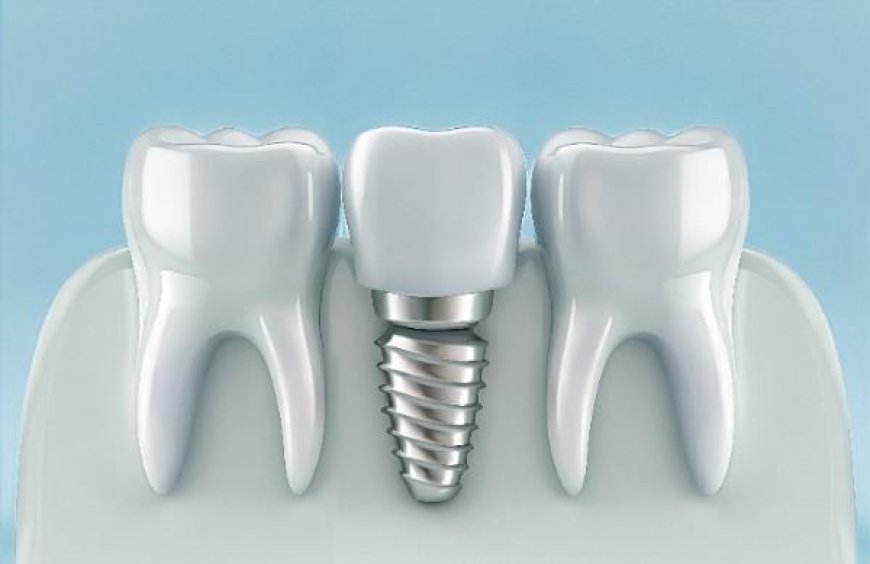
During recovery, regular check-ups are essential to ensure everything is healing correctly. If you have any concerns, your Emergency dentist in Gloucester will be able to guide you through the process and offer advice on how to best manage your healing.
Conclusion
Recovering from a dental implant in Gloucester requires mindful attention to your diet. To ensure a smooth recovery, avoid hard, sticky, spicy, and acidic foods while focusing on nutrient-dense options. Incorporating protein-rich foods, vitamins, and healthy fats, alongside staying hydrated, will aid in optimal healing. If you experience any issues or have concerns, don’t hesitate to reach out to your Emergency dentist in Gloucester for guidance. Proper care and diet are crucial for the success of your implant. At EDG, we're committed to supporting you throughout your recovery to achieve the best possible outcome from your procedure.














